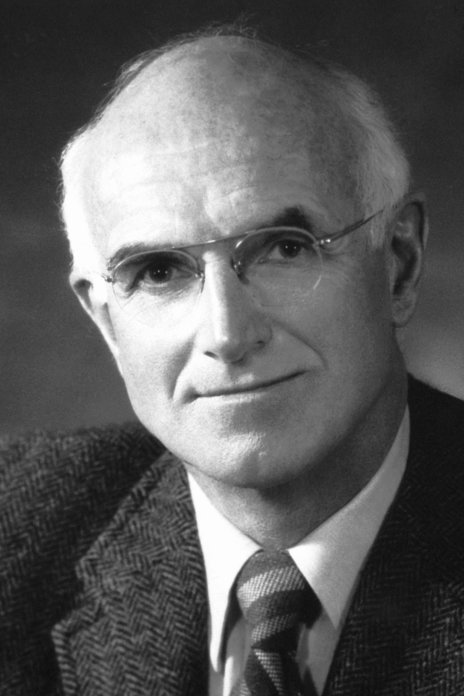Introduction to World Organ Donation Day
World Organ Donation Day, observed annually on the 13th of August, is a global event aimed at raising awareness about the life-saving potential of organ donation. This day serves as a reminder of the incredible impact that each person can have by choosing to donate their organs after death. Through various events, campaigns, and educational initiatives, the day encourages individuals to make the selfless decision to become organ donors, helping to save and improve countless lives.
Table of Contents (Click to Open)
The History of Organ Donation
The history of organ donation is both fascinating and complex, tracing back to ancient times when early attempts were made to transplant tissues and organs. However, it wasn’t until the 20th century that organ transplantation became a viable medical procedure.
The first successful human kidney transplant was performed in 1954 by Dr. Joseph Murray and his team in Boston, Massachusetts. This groundbreaking procedure opened the door to further advancements in transplant surgery, leading to successful transplants of other organs like the liver, heart, and lungs in the following decades.
World Organ Donation Day itself was established to commemorate these medical achievements and to encourage the ongoing effort to increase organ donation rates. The day was first observed in the early 2000s, with various countries around the world participating in campaigns to promote organ donation awareness. Since then, the day has grown in significance, becoming a key date on the global health calendar.
The Importance of Organ Donation
Organ donation is one of the most generous and impactful acts a person can perform. With thousands of people around the world waiting for life-saving transplants, the need for organ donors is more critical than ever. A single donor has the potential to save up to eight lives by donating vital organs such as the heart, liver, kidneys, lungs, pancreas, and intestines. Additionally, tissue donations, including corneas, skin, and bones, can enhance the quality of life for many others, giving the gift of sight, mobility, and healing.
Despite the clear benefits, there remains a significant gap between the number of organ donors and those in need of transplants. World Organ Donation Day aims to bridge this gap by encouraging more people to consider organ donation and by addressing the barriers that prevent individuals from registering as donors.
How to Become an Organ Donor
Becoming an organ donor is a simple yet powerful decision that can save lives. Here are the steps you can take:
- Register as a Donor: Sign up on your country’s official organ donation registry. In many places, this can be done online or through a form when renewing your driver’s license.
- Inform Your Family: Make sure your family and loved ones are aware of your decision to donate your organs. Their support is crucial in ensuring your wishes are carried out.
- Carry a Donor Card: Consider carrying an organ donor card in your wallet, indicating your willingness to donate your organs in the event of your death.
The Process of Organ Donation
The organ donation process is carefully managed to ensure that donated organs are viable and that the donation is conducted ethically and respectfully. Here’s an overview of how the process works:
- Registration: Individuals can register as organ donors through various means, such as a driver’s license or an online registry.
- Consent: After death, consent is confirmed either from the donor (if previously registered) or from their next of kin.
- Medical Evaluation: The donor’s organs are evaluated to ensure they are healthy and suitable for transplantation.
- Matching: The donated organs are matched with recipients on the transplant waiting list based on criteria like blood type, tissue compatibility, and urgency of need.
- Transplantation: The organs are surgically removed and transplanted into the recipients, who undergo post-operative care to ensure the success of the transplant.

The Transplantation of Human Organs Act in India: A Legal Safeguard
In India, organ donation is governed by the Transplantation of Human Organs Act (THOA), 1994. This legislation provides a legal framework for the removal, storage, and transplantation of human organs for therapeutic purposes. THOA was introduced to combat organ trafficking and ensure that organ donation is conducted ethically and transparently. The Act defines the criteria for brain death, outlines the consent process, and establishes penalties for illegal activities related to organ trade. By regulating these aspects, THOA plays a vital role in protecting both donors and recipients, ensuring that organ donation in India is safe, ethical, and free from exploitation.
Understanding the Myths About Organ Donation:
While the legal framework like the Transplantation of Human Organs Act ensures ethical practices, many myths and misconceptions still deter people from becoming organ donors. To learn more about these myths and the facts that debunk them, check out our article on the Top 10 Organ Donation Myths: Separating Fact from Fiction.
The Global Impact of Organ Donation
Organ donation has a profound impact not just on individual recipients but on society as a whole. Successful transplants not only save lives but also contribute to medical research and advancements in treatment. On a global scale, organ donation reduces healthcare costs by providing effective treatment options for patients with organ failure, who would otherwise require extensive and costly care.
While World Organ Donation Day is observed worldwide, Countries around the world have implemented various policies and initiatives to encourage organ donation. For example, Spain leads the world in organ donation rates due to its opt-out system, where all citizens are considered potential donors unless they specifically choose not to be. Other countries are adopting similar strategies to increase donor numbers and improve transplant outcomes.
Conclusion
World Organ Donation Day is a day to celebrate the gift of life that organ donation represents. By choosing to donate, individuals can leave behind a legacy of generosity and compassion that transcends their own lifetime. As more people become aware of the importance of organ donation, there is hope that the number of donors will rise, ensuring that more lives can be saved and improved around the world.



